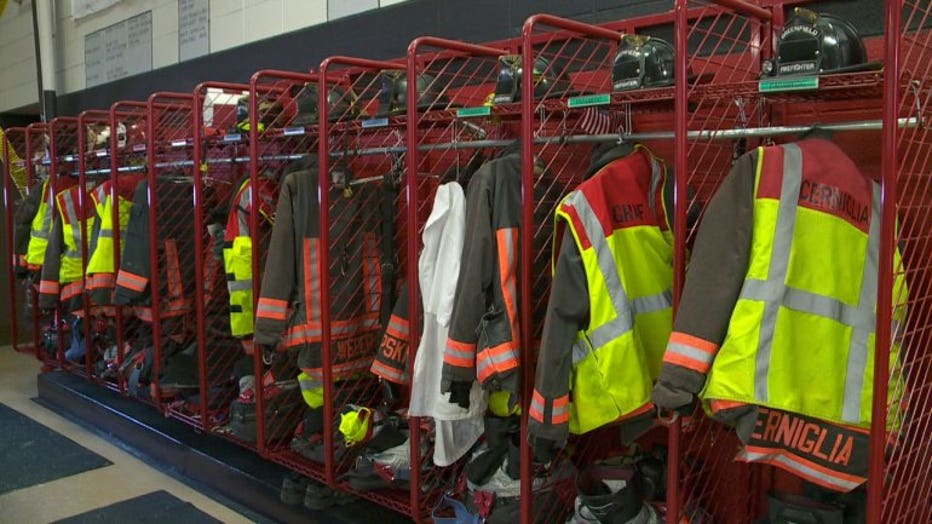'We do change our response:' Greenfield Fire Department prepares for the worst when it's bitterly cold
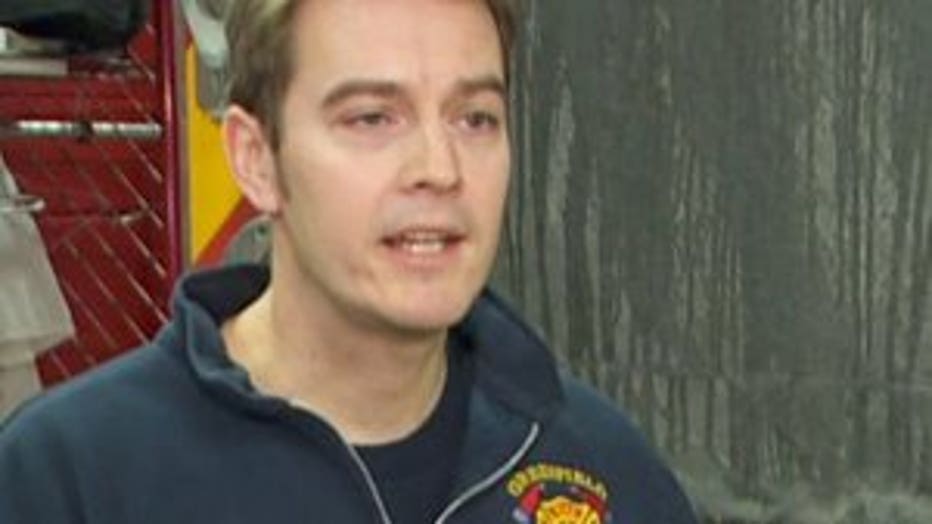
Lt. Zach Zimmer
GREENFIELD -- The National Weather Service issued a wind chill advisory for all of southeast Wisconsin, with dangerously cold temperatures in the forecast. The wind chill advisory was issued for 3 a.m. Sunday, Jan. 27 through 9 a.m. Sunday, with bitterly cold wind chills in the 20s below zero expected Saturday night and into Sunday morning. Meanwhile, the FOX6 Weather Experts were monitoring -30 to -45 wind chills expected Wednesday.
The dangerously cold temperatures changed the way officials with the Greenfield Fire Department prepared to respond to calls.
"We're going to go more emergent, meaning we have our lights and sirens on more than we normally do if somebody is outside," said Lt. Zach Zimmer, Greenfield Fire Department.
"When the weather is this cold, it's amazing how fast people get hypothermia, frostbite, things like that," said Tom Konieczka, firefighter/paramedic.
If a call involves the outdoors, double the amount of people are sent for backup.
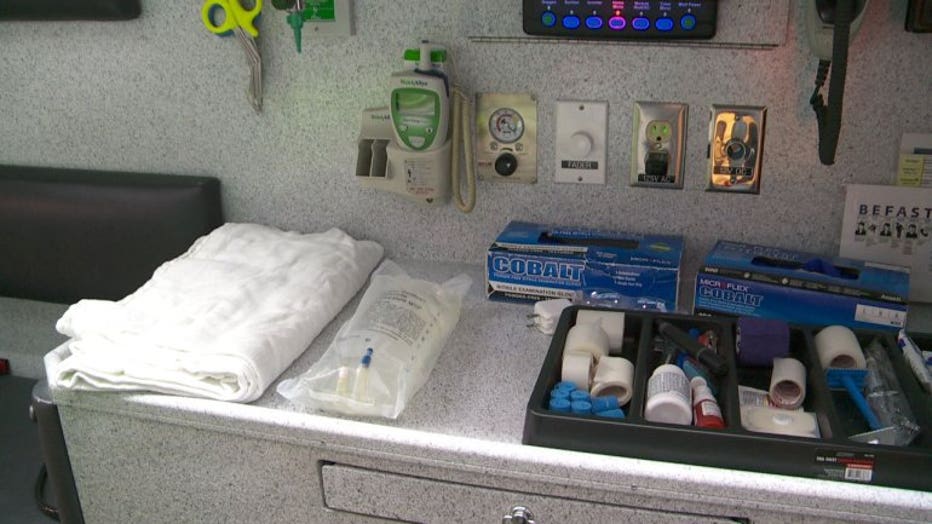
"With the cold weather, we do change our response a bit," said Lt. Zimmer.
When it's bitterly cold, Greenfield firefighters respond to an increase in carbon monoxide calls, because people don't heat their homes properly.
"When it's really cold like this, people will take drastic measures to stay warm," said Lt. Zimmer.
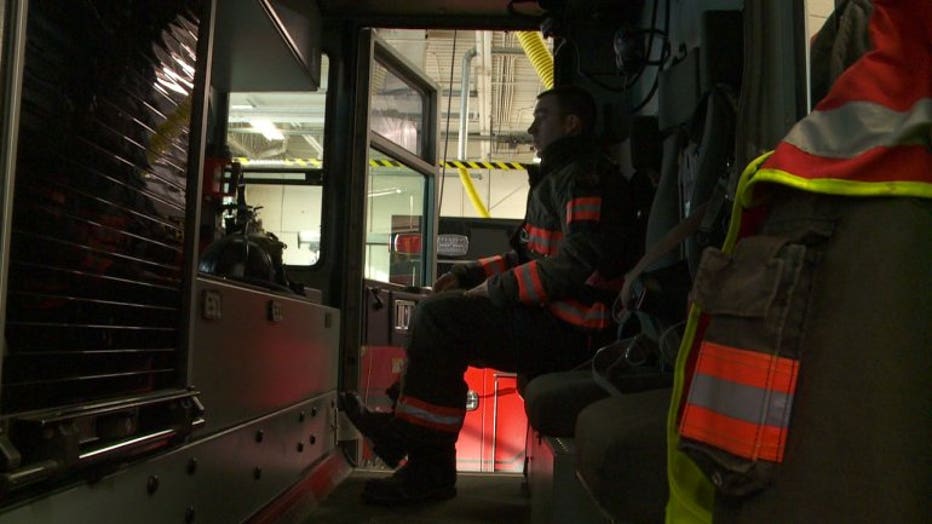
On Saturday, Jan. 26, officials said they hadn't treated anyone with frostbite or hypothermia -- but they noted that could obviously change, with the bitter cold sticking around.
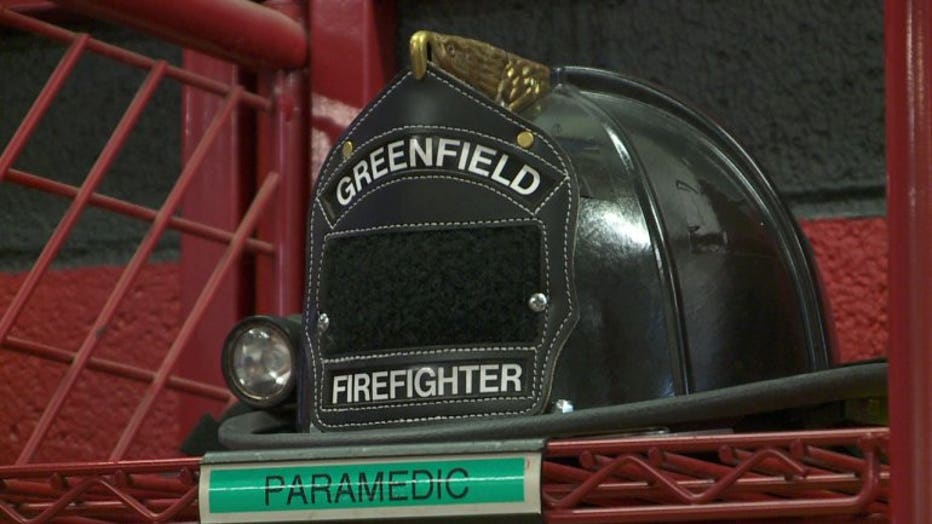
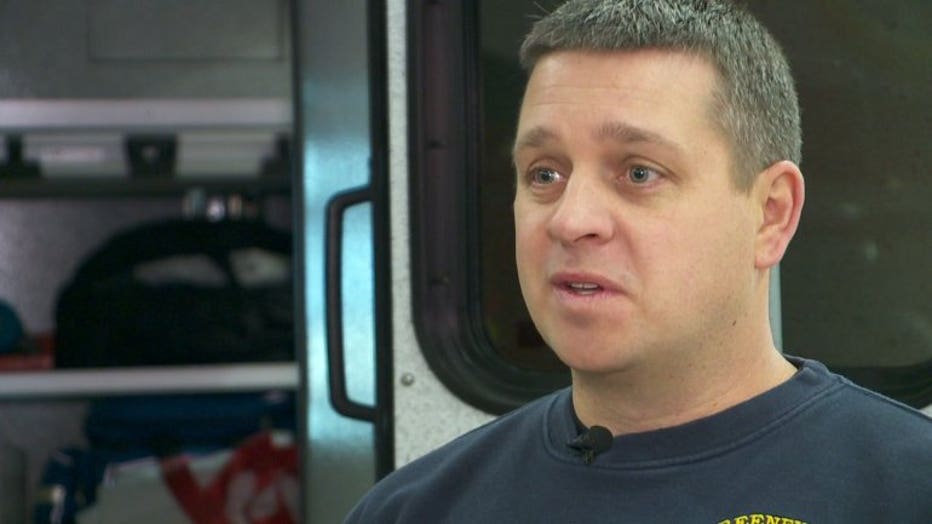
Tom Konieczka
"The odds, just with the way the weather is, maybe some exposure calls -- people outside for longer than they should be," said Konieczka.
Inside the ambulance, first responders always have blankets and warm IVs at hand to treat someone suffering from exposure to the cold.
"Having the warm IV fluids helps somebody whose core temp might be in the 80s even to come up higher and faster," said Konieczka.
First responders said the Milwaukee County Transit System will provide a bus for crews to stay warm during a large response.
